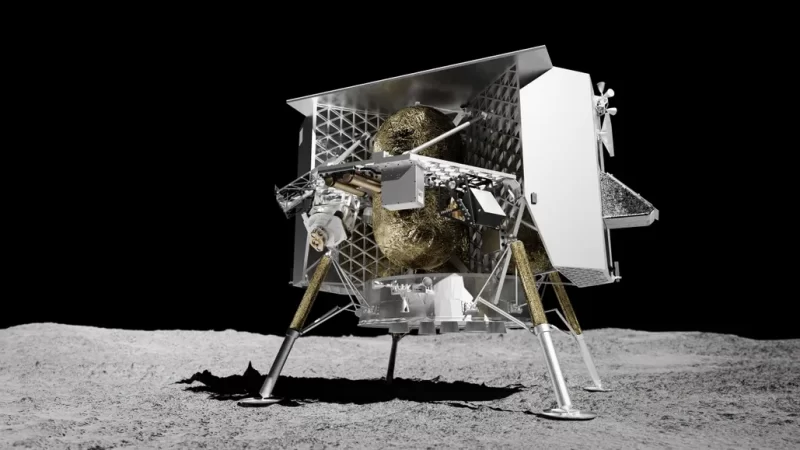The recently developed Vulcan Centaur rocket by the United Launch Alliance is poised to transport Peregrine, America’s first lunar lander in over half a century, to the moon. This venture holds the potential to mark a significant milestone in space exploration and related discoveries. Notably, Peregrine was not crafted by NASA but by the Pittsburgh-based private company, Astrobotic.
Astrobotic secured the responsibility for lunar deliveries as part of NASA’s innovative commercial lunar payload services program. This mission, slated for launch at 2:18 AM ET on January 8, represents the inaugural initiative under a substantial $79.5 million contract with the space agency. Although commercially driven, the project aims to deliver five payloads contributing to NASA’s Artemis mission, with additional cargo available to other clients at a rate of $1.2 million per kilogram. The payload encompasses mini-rovers, scientific items, physical bitcoin, and human remains.
Peregrine is set to venture toward the nearside of the moon, specifically its earth-facing hemisphere. With dimensions measuring 6 feet in length and 8 feet in width, the lander is destined for the Sinus Viscositatis region, colloquially known as the “Bay of Stickiness” due to the formations created by thick silicic lava.
Astrobotic Technology, a commercial entity established in 2007, positions itself as the “largest private facility globally dedicated to lunar logistics.” John Thornton, Chief Executive of Astrobotic, anticipates a “wild ride” with this launch. The Peregrine lander is scheduled to touch down on the moon on February 23, potentially uncovering evidence of water presence, according to NASA.

